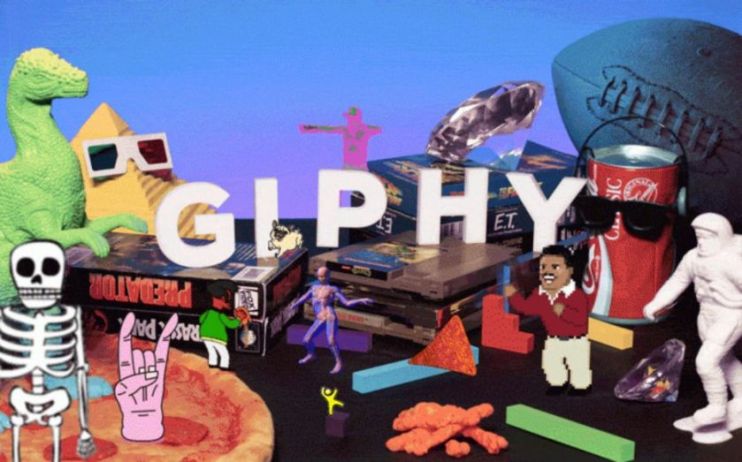Competition watchdog orders Facebook owner Meta to sell Giphy

The competition watchdog told Facebook’s parent firm Meta this afternoon that it would need to dump Giphy, marking the first time the regulator has blocked a deal struck by a Big Tech firm.
In its “final decision”, the Competition and Markets Authority (CMA) ruled that the combination of the two companies would allow Meta to limit other social media platforms’ access to the animated image-maker.
The watchdog said the deal, which set Meta back around $400m in 2020, removed Giphy as a potential challenger in the UK’s £7bn display advertising market – a sector that Mark Zuckerberg already controls half of thanks to his ownership of both WhatsApp and Instagram.
It also flagged concerns that Meta could require rivals like TikTok or Twitter to provide more data from UK users in order to access GIFs.
The CMA first told Meta in November that the only way to get rid of these concerns was to sell Giphy, which it appealed.
Today’s decision means that Meta has run out of options in the UK and will now have to divest – although it is not quite clear what this will look like.
Its valuation is likely to have dipped significantly from its peak £300m valuation in 2016, and signs from an August filing, which alluded to “indications of an overall decline in gif use.”
A spokesperson for Meta said the company was disappointed by the decision but would work closely with the CMA on divesting GIPHY.
“We will continue to evaluate opportunities – including through acquisition – to bring innovation and choice to more people in the UK and around the world,” they said.
Competition law partner at Charles Russell Speechlys Paul Stone told City A.M. that the significance of this decision is that it “underscore the competition regulators’ concerns about the impact of the deal on future innovation” as opposed to just present.
“This seems to be key to the CMA’s approach to regulating Big Tech in the UK, where preserving competition from small but potentially significant future challengers can be at least as important as maintaining competition between already established players in the sector,” he said.
However, Head of Public Policy at the Institute of Economic Affairs Matthew Lesh told City A.M. that he thought the treatment of Meta was “troubling”.
“The potential for acquisition is a key driver of investment into start-ups, driving significant innovation. The CMA’s interventionist approach in the Giphy case risks undermining the digital economy,” he told City A.M.
“If nothing else, this case demonstrates the extensive powers already held by the CMA and highlights the risks posed by the proposed Digital Markets Unit.”
The CMA, like the European Commission, has a number of ongoing investigations into the likes of Meta, Google and Apple.